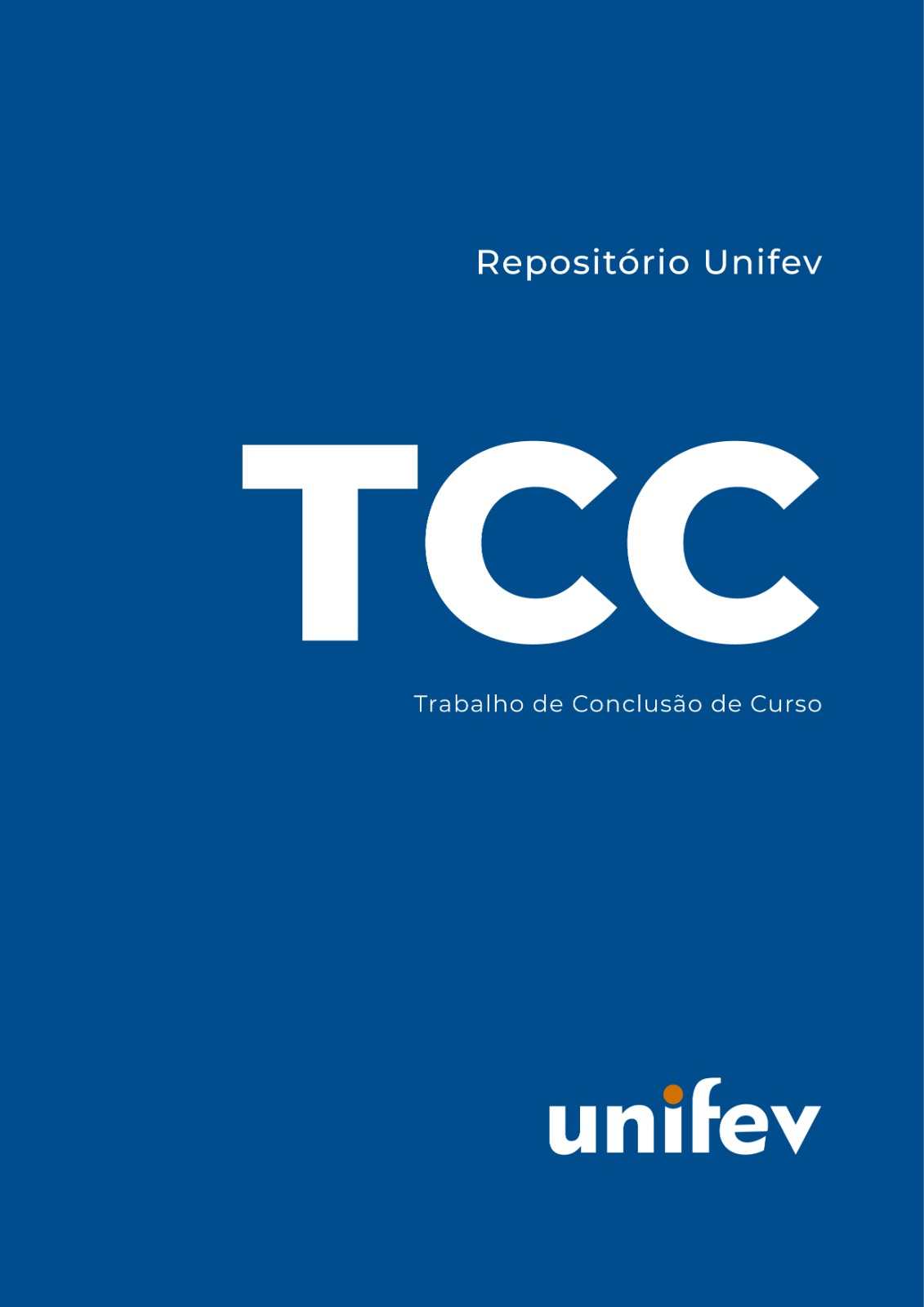Educação Física - Bacharelado
URI Permanente desta comunidade
Navegar
Navegando Educação Física - Bacharelado por Assunto "envelhecimento."
Agora exibindo 1 - 1 de 1
Resultados por página
Opções de Ordenação
Item PERFIL DA CAPACIDADE FUNCIONAL DE IDOSAS PARTICIPANTES DE UM PROJETO DA TERCEIRA IDADE(2024-11-13) KARINA MEDEIROS DO NASCIMENTO BRAGAThe aim of this study was to investigate functional capacity, body composition, and quality of life in 48 elderly women, aged 60 to 80 years (68.9±5.18 years), participating in the UNIATI program at Unifev. The participants underwent anthropometric measurements and completed the SF-36 questionnaire, along with tests assessing strength, flexibility, agility, balance, and aerobic endurance. The results showed an average body weight of 72.0±15.19 kg, with a BMI of 29.4±5.80 kg/m², and 43.8% of the elderly were classified as obese. In strength tests, 85.4% had adequate performance in the lower limbs and 91.7% in the upper limbs. Flexibility was considered satisfactory in 62.5% for lower limbs and 72.9% for upper limbs. Cardiorespiratory endurance was adequate for 58.3% of participants. In the agility test, 14.6% were classified as “very good.” However, all showed unsatisfactory results in balance capacity, raising concerns due to its association with falls. Regarding quality of life, SF-36 data indicated an average functional capacity score of 62.7±20.22. Scores for physical and emotional limitations were 64.9±38.67 and 61.1±42.24, respectively. For pain, the score was 57.4±21.57, while general health was 62.5±20.49. Vitality was 59.8±20.95, and social aspects (68.2±25.63) and mental health (67.0±21.76) showed a more positive perception. The study highlights the need for interventions focused on physical exercise to address various physical capacities, promoting weight reduction, enhancement of these capacities, and consequently, an improvement in the quality of life for elderly women.
